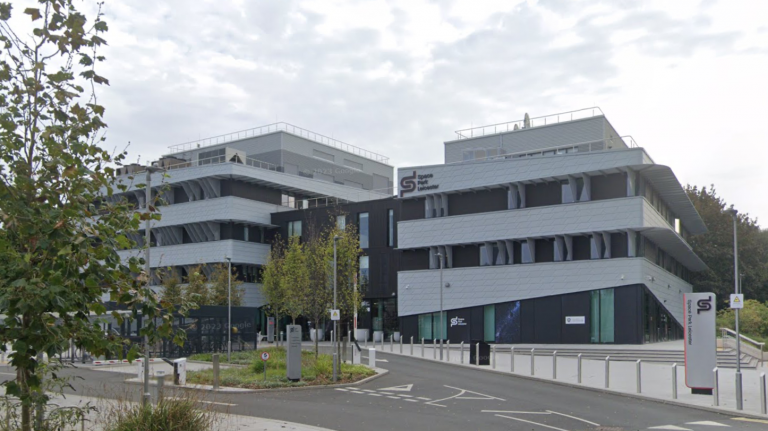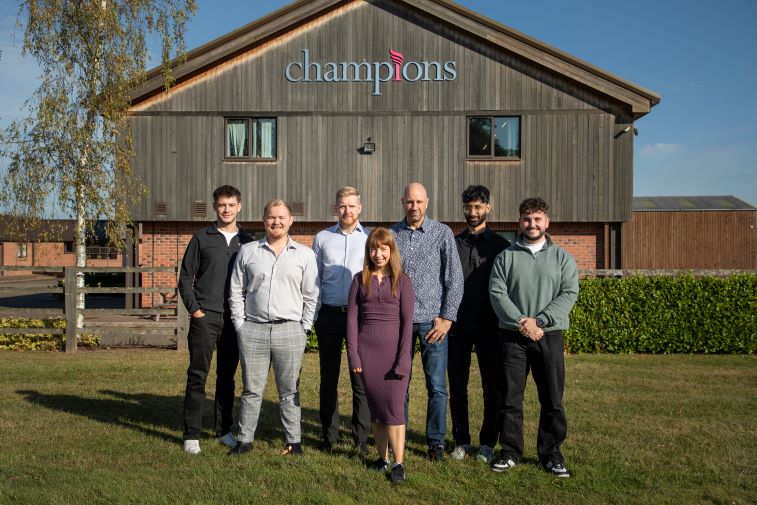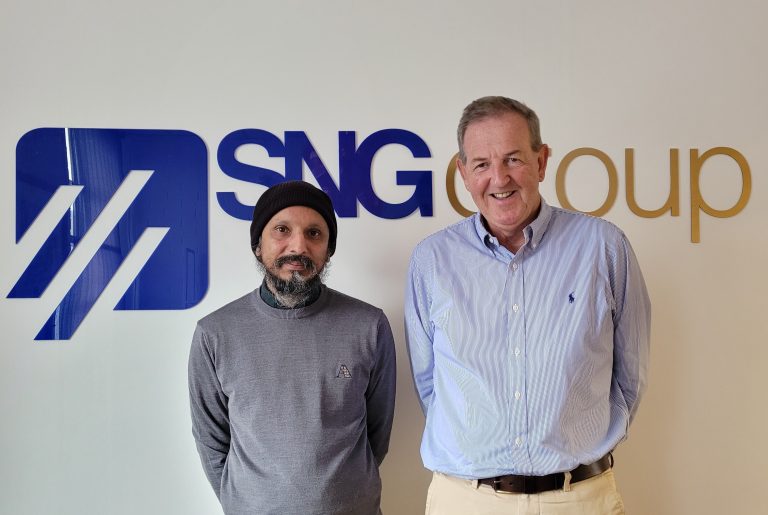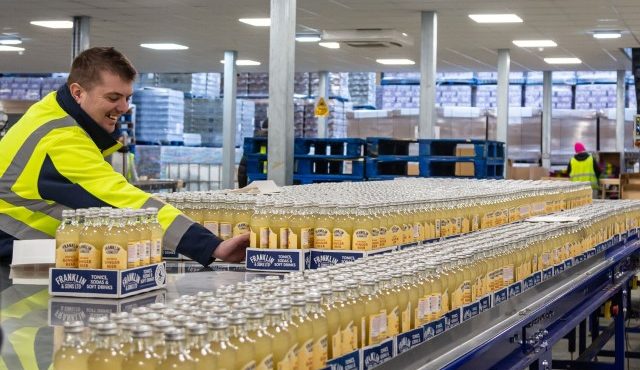With the
East Midlands Bricks Awards 2024 set to take place next week (
Thursday 3rd October), there’s not long left to secure your seat at the prestigious event.
The awards recognise and celebrate those behind the changing landscape of our region – the very best companies, teams, individuals and projects.
They also present a prime opportunity to network with property and construction leaders from across the East Midlands over nibbles and complimentary drinks.
Attend the glittering awards ceremony at
Trent Bridge Cricket Ground to see who takes home the title of Contractor of the Year, Developer of the Year, Commercial Development of the Year, Residential Development of the Year, Sustainable Development of the Year, Deal of the Year, Most Active Agents of the Year, Architects of the Year, Excellence in Design, Responsible Business and of course Overall Winner.
Book your place at the awards now to avoid disappointment!
The event, which will begin at 4:30pm and continue until 7:30pm, will also feature Paul Southby as keynote speaker.
Paul is a partner at Geldards LLP, chair of the Advisory Board to Nottingham Business School, chair of Broadway independent cinema in Nottingham’s Lace Market, and a longstanding trustee of environmental charity Clean Rivers Trust. He is chair of Nottingham Partners, a group of businesses that supports the work of the local inward investment agency, Invest in Nottingham, and a board member and past chair of Marketing Nottingham and Nottinghamshire Limited. Paul is also a former High Sheriff of Nottinghamshire (2022/23).
Shortlist for the East Midlands Bricks Awards 2024
Architects of the Year – sponsored by Mather Jamie
IMA Architects
Design Haus Architecture
Matthew Montague Architects
Commercial Development of the Year – sponsored by Global HSE Group
Brackley Property Developments – The Dock Extension, Leicester
Pick Everard – Nottingham Central Library
G F Tomlinson – The Air and Space Institute, Newark
Contractor of the Year – sponsored by EMEC Ecology
Cawarden
Clegg Construction
Winvic
Deal of the Year – sponsored by Tutum Consulting
heb Surveyors – The Oaks, Mansfield
FI Real Estate Management – The Quad, Chesterfield
Freeths – Former Boots factory site, Beeston
Developer of the Year – sponsored by IMA Architects
Vistry Group East Midlands
Indurent
Wavensmere Homes
Excellence in Design – sponsored by Cawarden
G F Tomlinson – The Air and Space Institute, Newark
Design Haus – Musters Road
Distinctive Developments – Woodwell and Meadow Barn
Most Active Agent – sponsored by Roy Geddes Bricks
Rigby & Co
FHP Property Consultants
Salloway Property Consultants
Residential Development of the Year – sponsored by Devello
Distinctive Developments – Woodwell and Meadow Barn
Phoenix Brickwork UK LTD – IQ Nelson Court
Chevin Homes – Chevin Close
Responsible Business – sponsored by Press for Attention PR
Stepnell Ltd
Cawarden
Cora
Sustainable Development of the Year – sponsored by Viridis Building Services Ltd
CPMG – Sir Peter Rubin Centre for Veterinary Education
Henry Brothers Construction Ltd – Alfreton Park School
Keepmoat – Gedling Green
The Overall Winner, sponsored by Blueprint Interiors, will also be announced at the ceremony, who will be awarded a year of marketing/publicity with Business Link worth £20,000.
East Midlands Bricks Awards 2024
When: Thursday 3rd October 2024, 4:30pm – 7:30pm
Where: The Derek Randall Suite, Trent Bridge Cricket Ground
Keynote speaker: Paul Southby, chair of Nottingham Partners, board member of Marketing Nottingham and Nottinghamshire, partner at Geldards LLP, chair of the Advisory Board to Nottingham Business School, chair of Broadway independent cinema, trustee of Clean Rivers Trust, and former High Sheriff of Nottinghamshire
Dress code: Standard business attire
Tickets: Available at
https://www.eventbrite.co.uk/e/east-midlands-bricks-awards-2024-tickets-902294566337?aff=oddtdtcreator
Thanks to our sponsors:



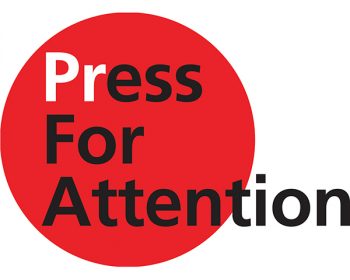
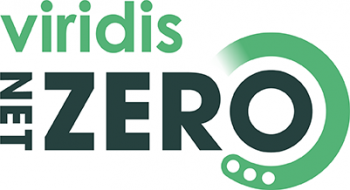



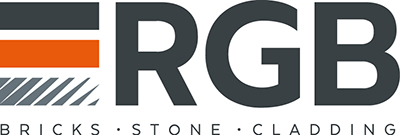


To be held at:


















